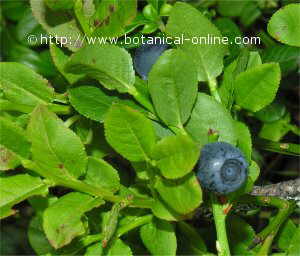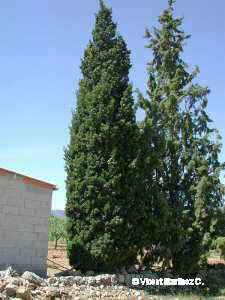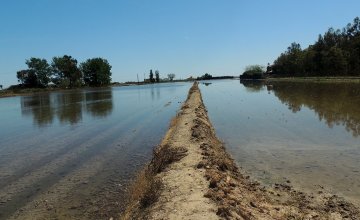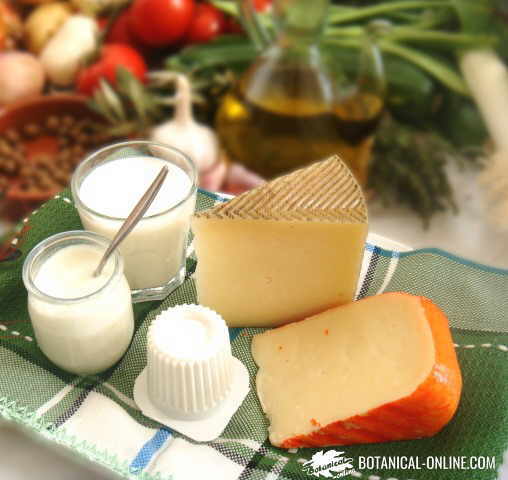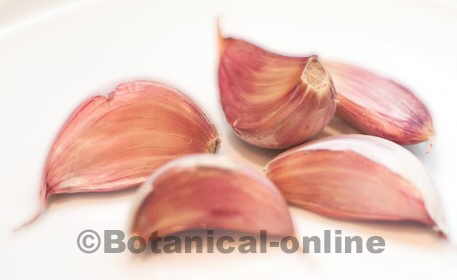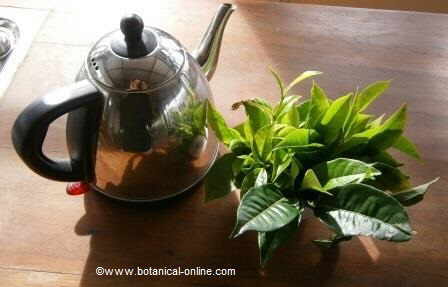Contents
Contraindications of nettle (Urtica dioica)
What is nettle and what is is used for?
Nettle (Urtica dioica) is a plant of the Urticaceae family, which is popularly known for being stinging, because it is covered with tiny barbs, that, when being touched, release an irritating juice that can cause skin lesions.
The plant is also known for its healing properties. In natural medicine, the dry leaves of this plant are used and the fresh plant can be cooked as a vegetable.
Nettle has digestive, laxative, liver-protecting, diuretic, anti-diabetic, anti-anemic and galactogogue properties.
It helps eliminate body fluids, so it is suitable for removing toxins such as uric acid and cardiovascular diseases, liver, gout, arthritis, osteoarthritis.
* More information about the medicinal properties of nettle.
What contraindications does nettle present?
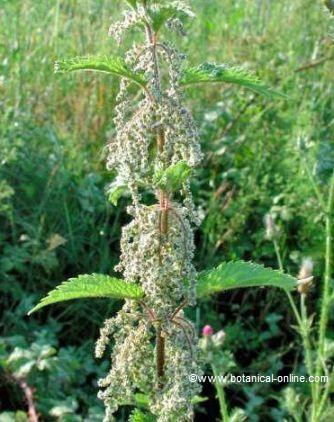
- Pregnancy and lactation: nettle is a plant known as abortifacient and emmenagogue. Animal studies have shown to have uterine stimulant action. It is Not recommended for use in pregnancy, but may be taken with caution during lactation.
- Skin lesions: produced by their stinging properties when there is contact os this plant with skin. The normal effects are burning and itching.
- It can also cause skin blisters or vesicles on the skin. Some people may experience severe pain and burning in the area.
- Diabetes: its richness in fiber mucilage, can affect the levels of blood sugar if taken in large quantities. People with diabetes should pay attention to their patterns of medication and blood sugar levels to avoid hypoglycemia.
- Hypertension: the plant can affect blood pressure and medicines to control hypertension. Consult your doctor before taking nettle.
- Kidney disease: the nettle may affect diuresis and is contraindicated in renal failure. Old leaves are irritating the kidneys. Do not take if there is nephritis, or inflammation of the kidneys.
![]() More information about nettle.
More information about nettle.


